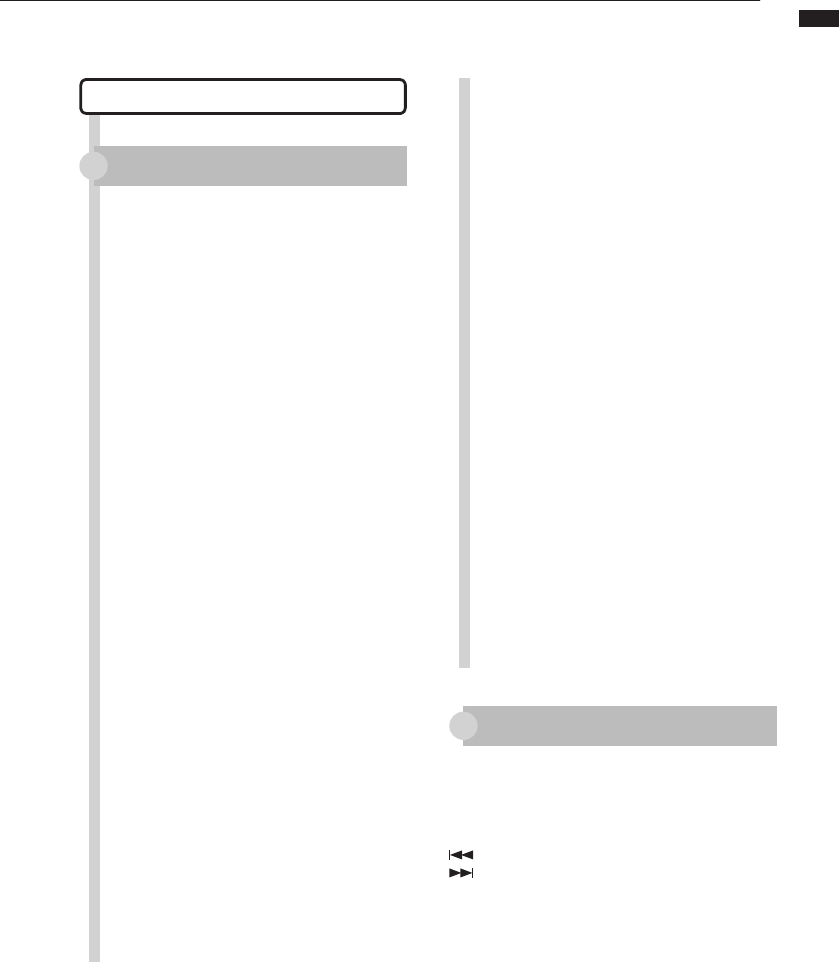
33
Function key settings
Audio interface manual
Digital Performer
Control surface setup
Launch the Audio MIDI Setup
application (/Applications/Utilities).
Open the MIDI Studio window
(Window > MIDI Studio) and
conrm that “R8” is displayed.
Click “Add Device.”
A “new external device” will be
added.
Click the “new external device” to
select it, and then click the “Show
Info” button.
Enter the name “R8” in the “Device
Name” eld.
Click and drag the downward
arrow of the original “R8” icon and
connect it to the downward arrow
of the “R8” icon that you added.
Use same method to connect the
upward arrows.
Launch Digital Performer
Select “Control Surface Setup”
from the “Setup” menu to open the
Control Surface window.
1
9
10
11
12
3
4
5
6
7
8
2
Click the “+” icon in the Control
Surface window and select “Mackie
Control” from the “Driver” pull-
down menu.
Select “Mackie Control” from the
“Unit” pull-down menu that will be
displayed at bottom.
Select “R8” from the “MIDI” pull-
down menu of the Control Surface
window and select “R8-1” from the
menu list.
Click the “OK” button.
The above procedures are for Mac
OS X 10.6 and Digital Performer 7.
The names of the menus, for
example, might be different in a
different version of Digital Performer.
Please refer to the manual for the
version of Digital Performer that you
are using for details.
The functions are already assigned in Digital Performer
and cannot be changed.
AUTO PUNCH I/O key: Selects YES in dialog boxes
A-B REPEAT key: Selects NO in dialog boxes
(marker) key: Creates groups/track groups
(marker) key: No assignment
MARK/CLEAR key: No assignment
Refer to sections about Mackie Control dialog boxes
and track groups in the manual for the version of Digital
Performer that you are using.
